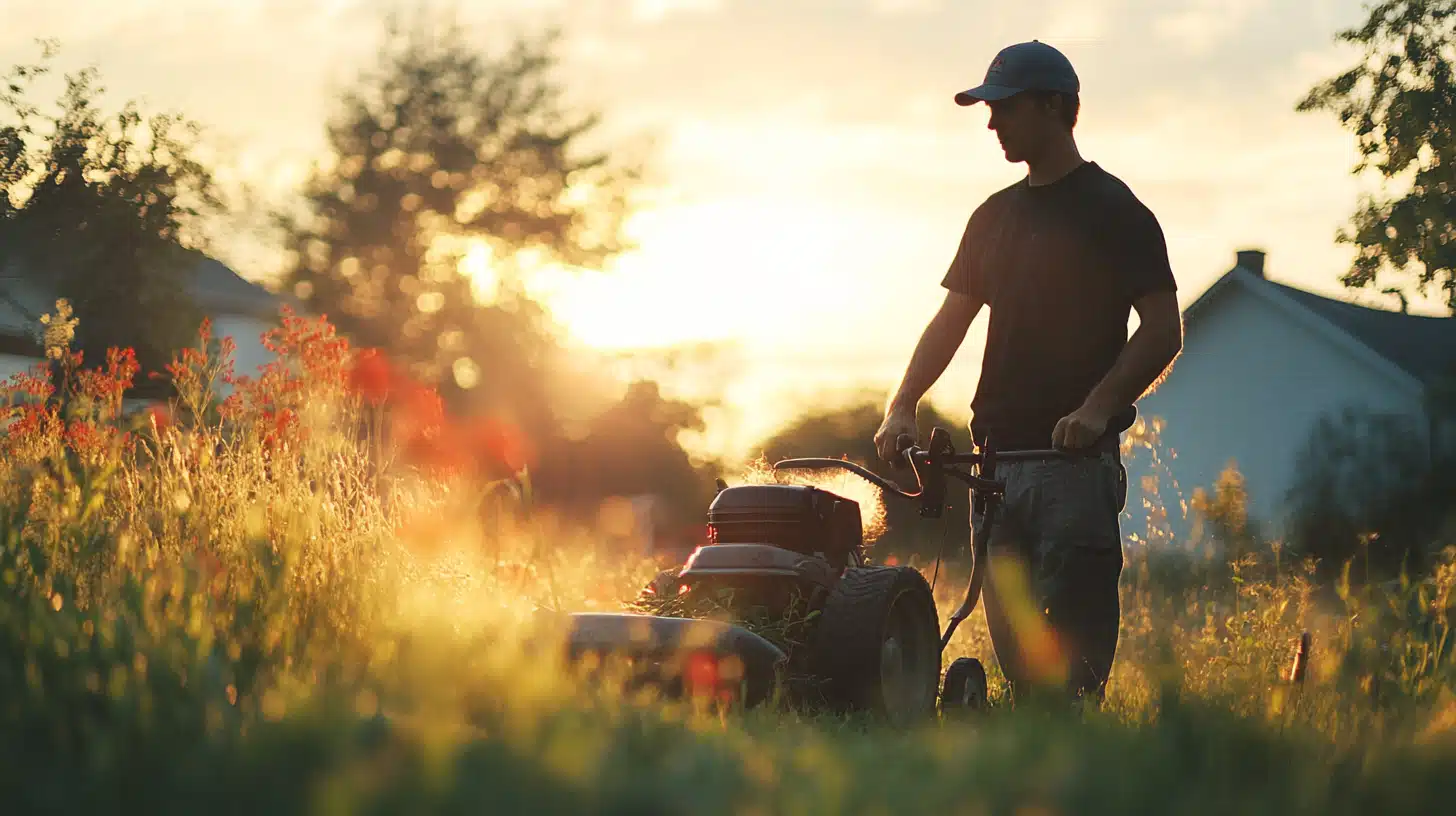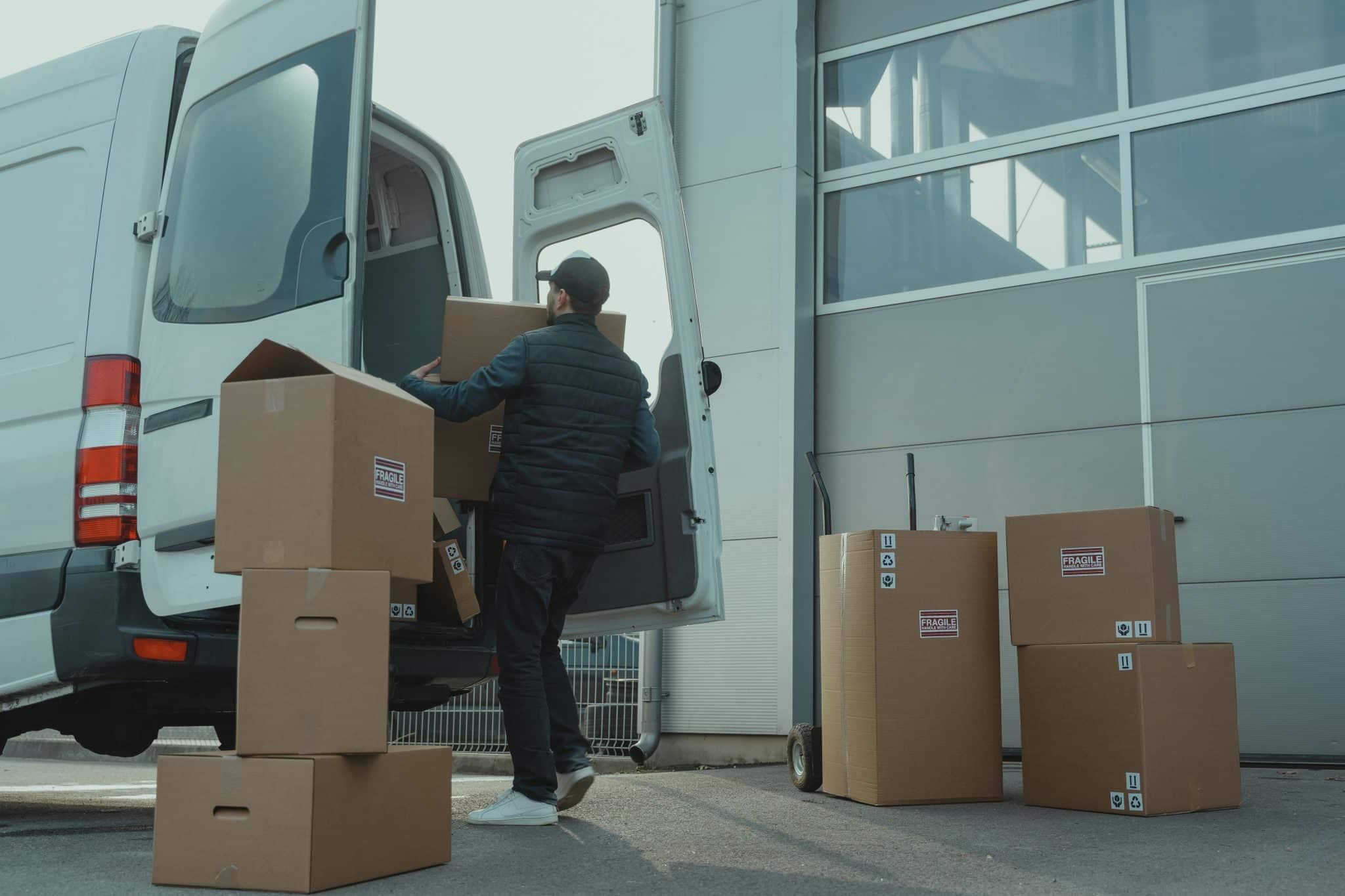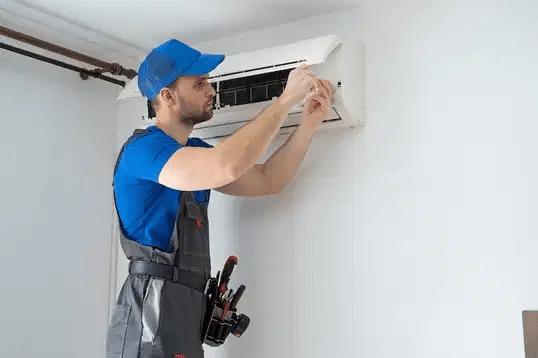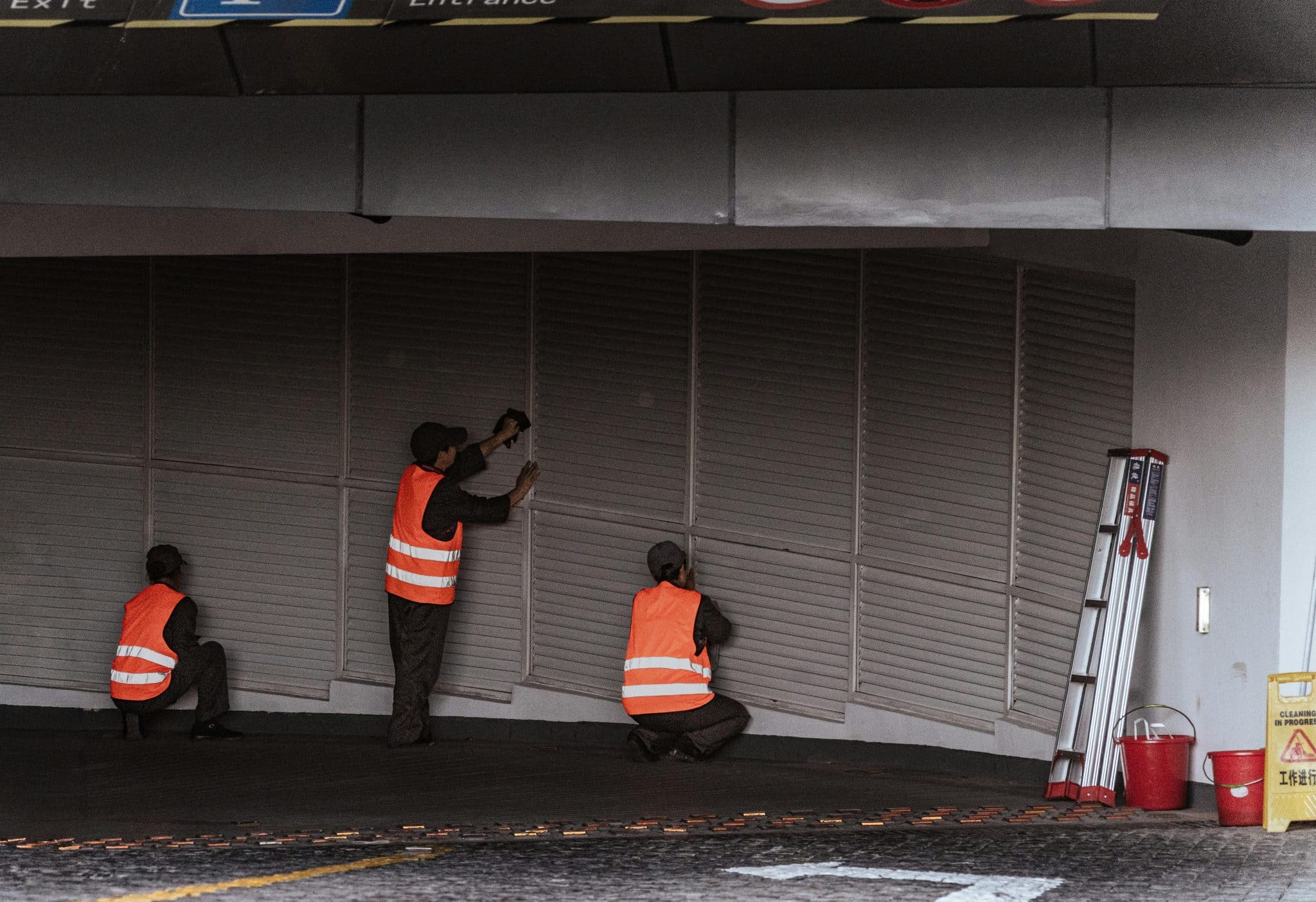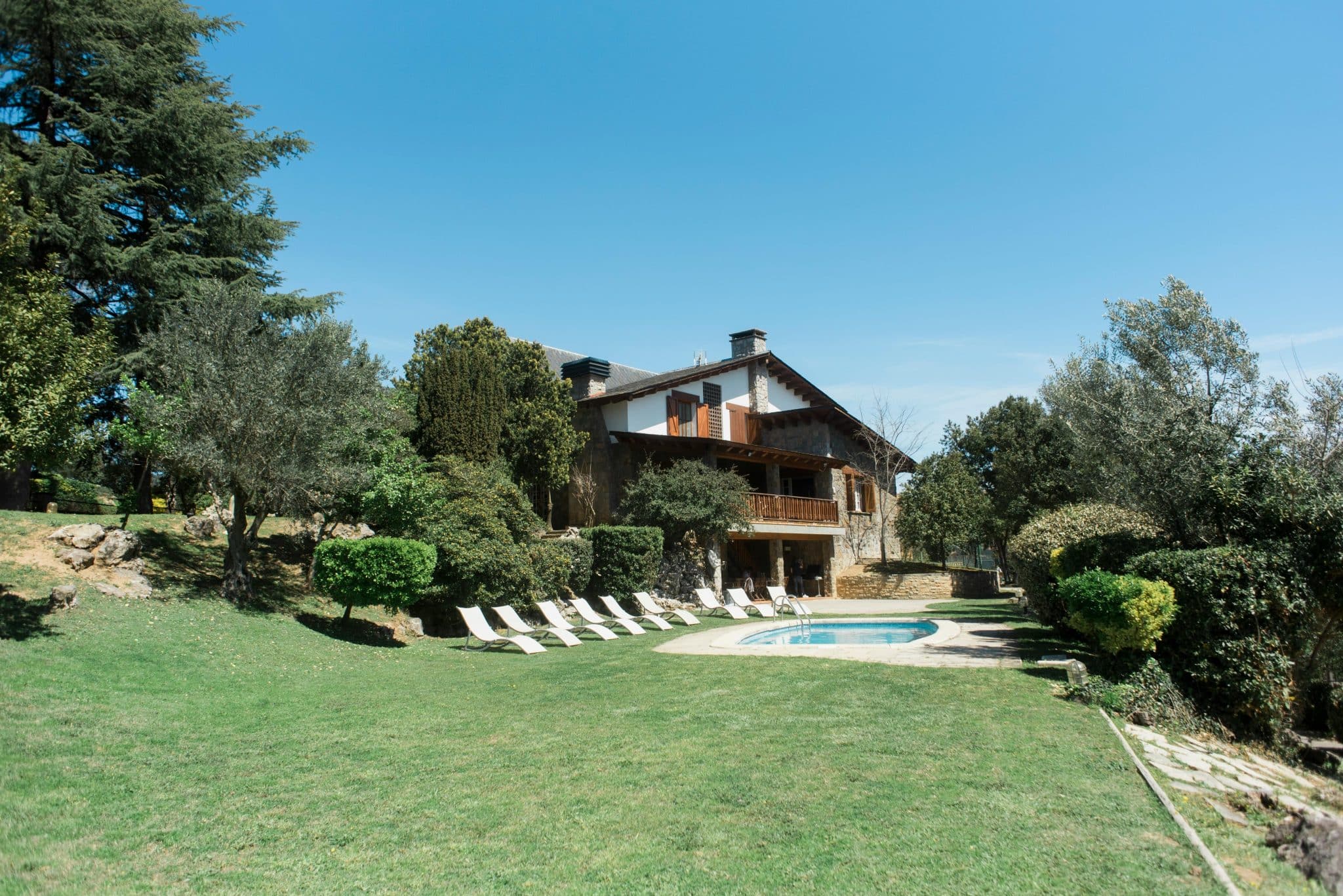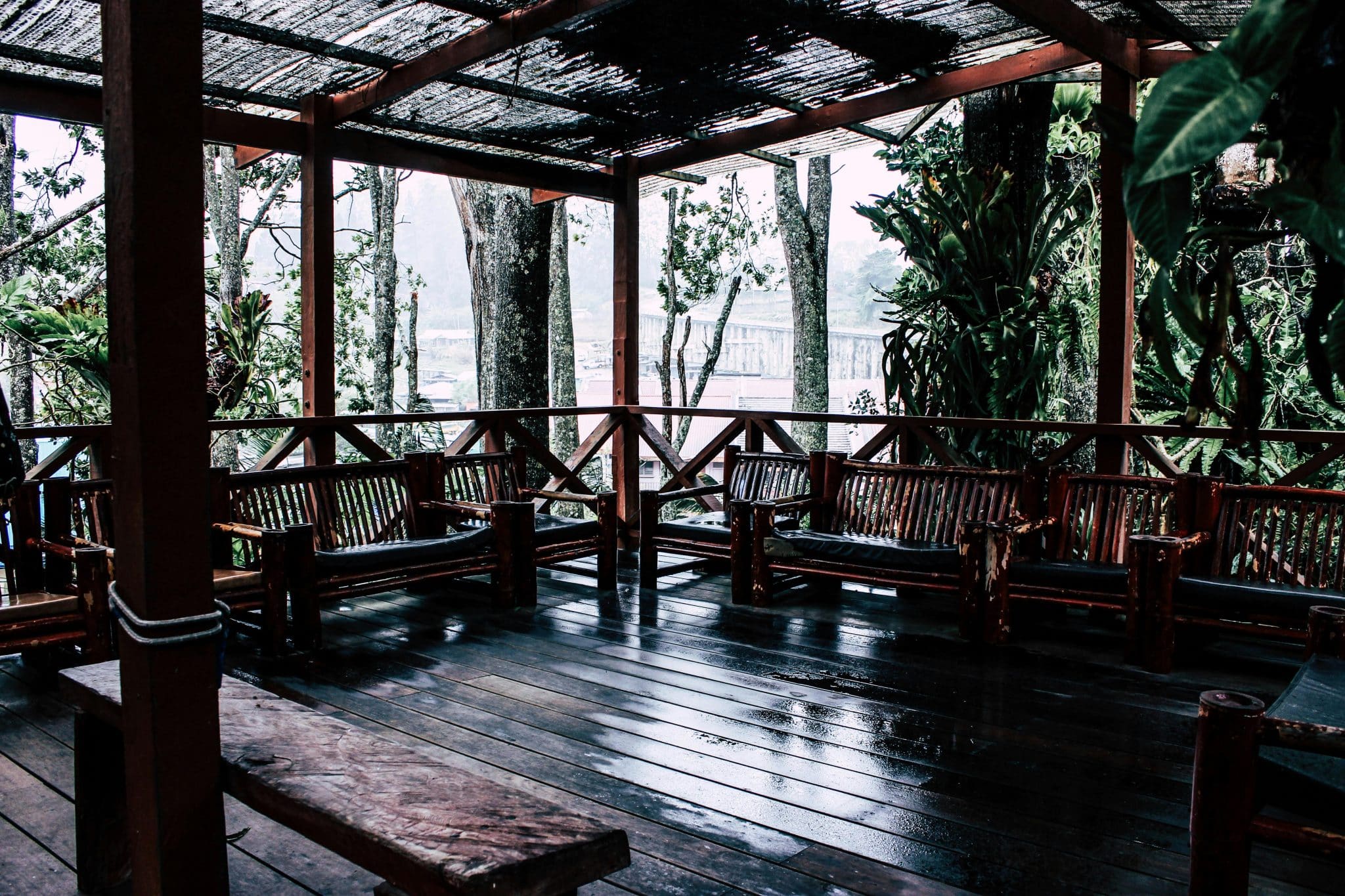Spending time outdoors gardening or mowing the lawn can be peaceful and rewarding. But when the temperature rises, that same outdoor routine can quickly turn into a health risk. Dehydration, sunburn, heat exhaustion—these are all too common for people who spend time working under the sun without taking the proper precautions.
Let’s walk through smart and practical ways to protect yourself while working outside, ensuring that your love for the outdoors doesn’t come at the expense of your well-being.
Understand the Risks of Heat Exposure
Before jumping into how to protect yourself, it’s crucial to recognize the real dangers of heat. Prolonged exposure to high temperatures can lead to a range of issues—from mild dehydration to serious heatstroke.
Symptoms of heat exhaustion include dizziness, nausea, fatigue, and excessive sweating. Left untreated, it can escalate to heatstroke, which is a medical emergency. Even seasoned outdoor workers are vulnerable, especially during peak sunlight hours. So, understanding the warning signs is your first line of defense.
Time Your Tasks Wisely
Timing is everything when it comes to outdoor work. Early morning and late evening are the coolest parts of the day and are often the best times to get gardening or mowing done.
Avoid working from 10 a.m. to 4 p.m. when the sun is at its strongest. If your schedule forces you to work during these hours, take frequent breaks in the shade and stay alert to how your body feels.
You can even break tasks into shorter sessions. For example, mow the front lawn early and tackle the back lawn later in the evening. The key is pacing.
Dress for the Job (and the Weather)
What you wear can dramatically affect how you feel outside. Lightweight, loose-fitting clothing allows your body to breathe. Opt for light-colored fabrics that reflect rather than absorb sunlight.
Long sleeves and pants made of breathable material like cotton or moisture-wicking blends can protect your skin from UV rays without causing you to overheat.
And don’t forget a wide-brimmed hat. Not only does it provide shade for your face, but it also reduces your risk of sunstroke. Add UV-protective sunglasses to the mix, and you’re even more shielded from the elements.
Hydration Isn’t Optional—It’s Essential
Even if you don’t feel thirsty, your body may be losing more water than you realize. When you sweat, you lose both fluids and essential electrolytes.
Always keep a large bottle of water nearby while you work. Take a sip every 15–20 minutes, even if you think you don’t need it. For extended tasks, consider alternating between water and an electrolyte drink.
Avoid caffeine and alcohol beforehand, as both can contribute to dehydration. If your urine is dark yellow or amber, that’s a clear sign you’re not drinking enough.
Use Physical Barriers and Shade Tools
Sometimes, smart timing and clothing just aren’t enough. For added protection, use physical barriers to reduce your direct exposure to the sun.
Portable shade structures, umbrellas, and even strategically positioned tarps can offer a surprising amount of relief. If you mow lawns frequently, especially for long stretches or on a riding mower, investing in a lawn mower shade canopy can be a game-changer.
These canopies are specifically designed to block UV rays and reduce body temperature. They’re easy to install and make outdoor tasks more bearable, especially when working in open, sun-drenched areas with no natural cover.
Take Breaks (and Take Them Seriously)
Don’t push through fatigue. Regular breaks help regulate your body temperature and give you a chance to rehydrate, rest your muscles, and cool off.
Set a timer if you need to, especially if you tend to lose track of time while working. Every 30–45 minutes, find a shaded area, sit down, and drink water. It’s not just about comfort—it’s about preventing heat-related illnesses before they start.
During longer jobs, cooling towels or misting fans can be helpful tools to accelerate recovery during breaks.
Keep Your Skin Protected with Sunscreen
Even with long sleeves and hats, sunscreen should still be part of your routine. Choose a broad-spectrum sunscreen with SPF 30 or higher. Apply it generously to exposed skin—especially your face, neck, ears, and hands—at least 15 minutes before heading outside.
Reapply every two hours, or more often if you’re sweating heavily. Sunscreen isn’t just for beach days. UV radiation is a silent, invisible threat that causes long-term skin damage and increases your risk of skin cancer.
Want a deeper dive into sunscreen and sun protection? Check out useful guides on the Skin Cancer Foundation.
Optimize Your Equipment for Efficiency
The faster and more efficiently you can finish your outdoor tasks, the less exposure you’ll have to harsh weather conditions. Make sure your tools and equipment are in good working condition so you’re not wasting time with jams, breakdowns, or inefficient gear.
Sharpen your mower blades, clear out garden tools, and keep everything clean and maintained. You might also want to consider ergonomic tools that reduce strain and help you move quicker and with less effort.
This doesn’t mean rushing—just working smarter to spend less time under direct sunlight.
Know When to Stop
Sometimes, the best option is to stop altogether. If you feel dizzy, confused, overly tired, or nauseated—get indoors immediately. Continuing to work through these symptoms can lead to dangerous health consequences.
Have a plan in place for when things go wrong. Whether it’s calling for help or simply heading inside to cool off, being prepared can make a big difference in an emergency.
Final Thoughts
Outdoor work is rewarding, but it comes with real risks—especially in the heat. The good news is that with preparation, you can keep yourself safe and productive.
Protecting your health starts with simple choices: dress smart, stay hydrated, avoid the midday sun, and use tools like a lawn mower shade canopy to minimize exposure. Make these practices part of your regular routine, and you’ll enjoy the benefits of working outdoors without the health hazards.

